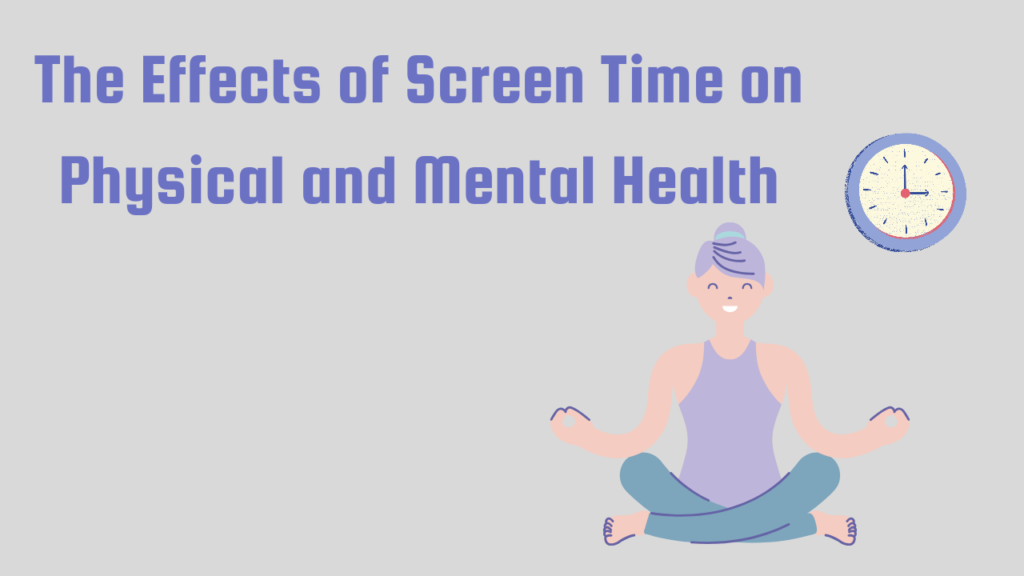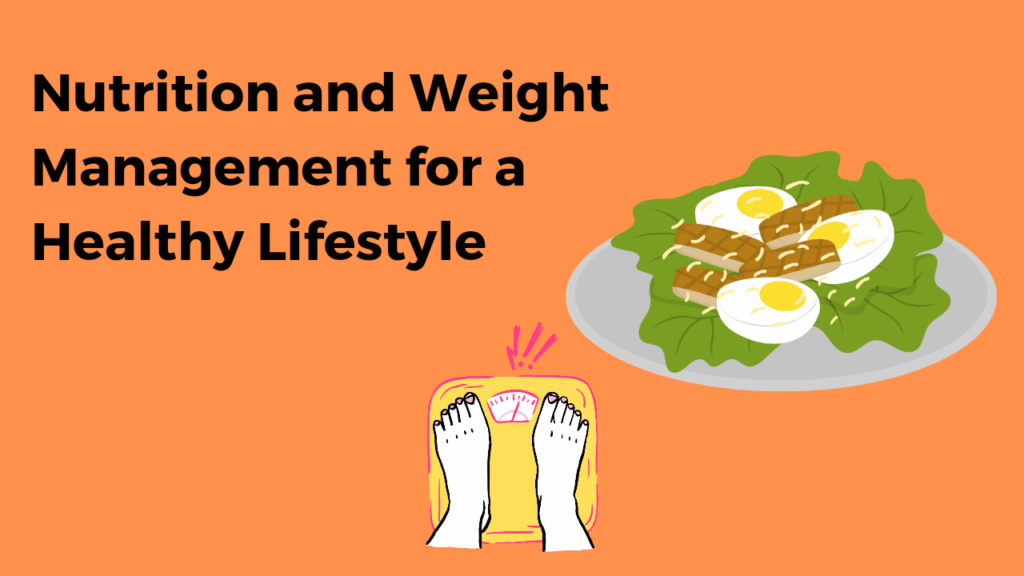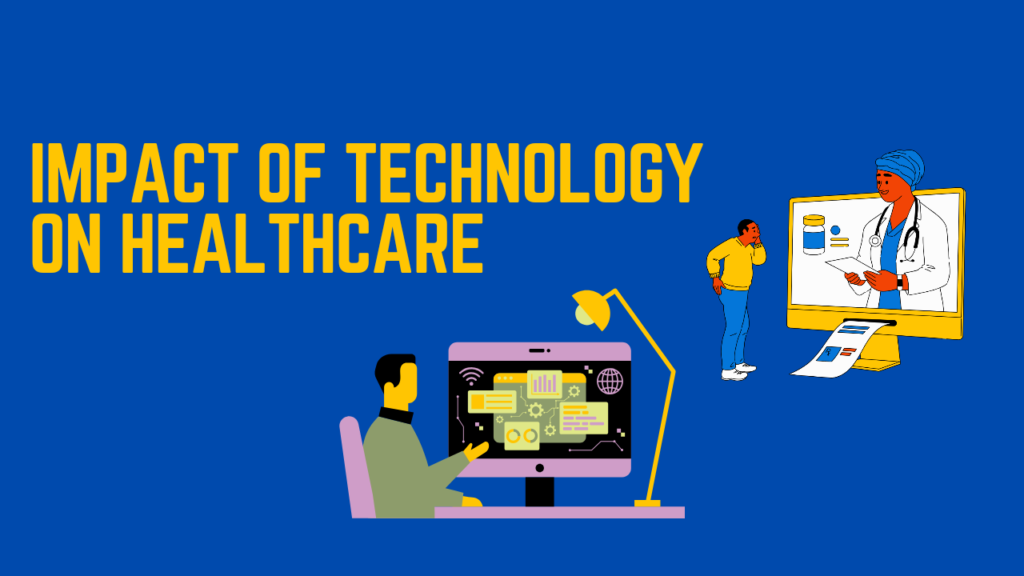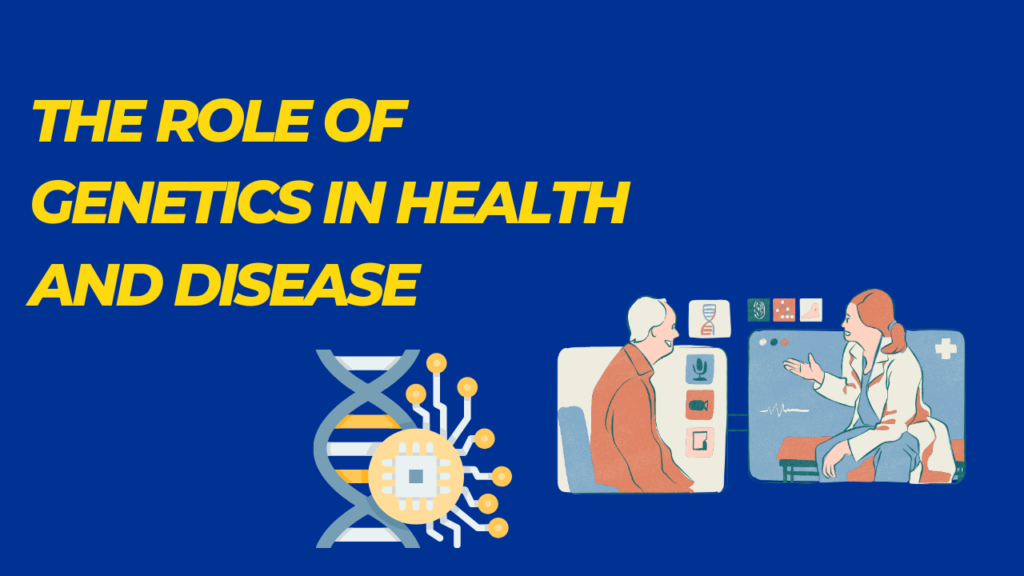UNDERSTANDING THE ROLE OF VACCINATIONS IN PUBLIC HEALTH
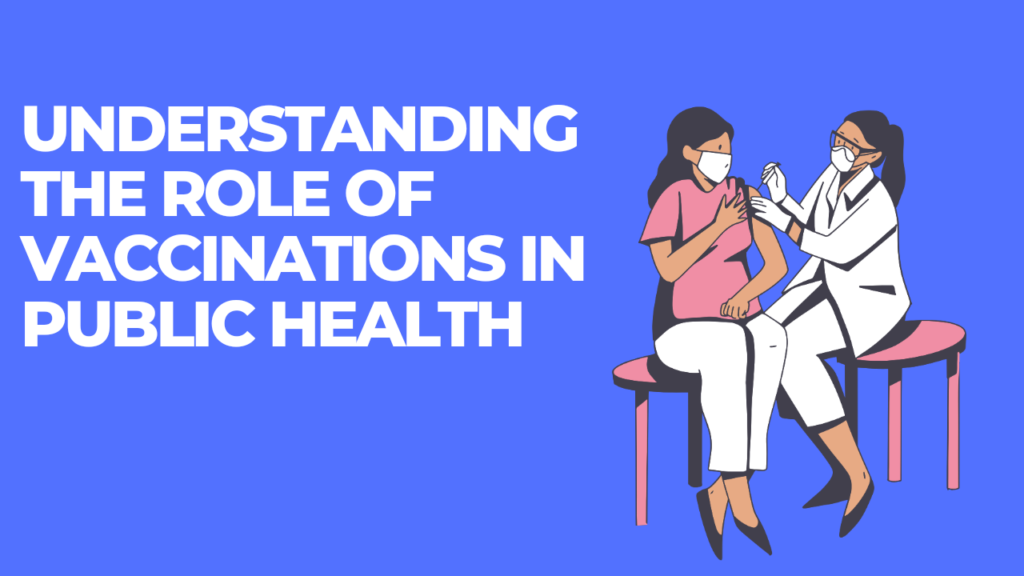
Understanding the role of vaccinations in public health is essential, especially in the context of preventing the spread of infectious diseases.
- Disease Prevention: Vaccinations are a cornerstone of public health because they prevent the spread of infectious diseases. They work by stimulating the immune system to develop immunity without causing the disease itself.
- Herd Immunity: When a significant portion of a community is vaccinated, it creates herd immunity. This makes it difficult for diseases to spread, protecting even those who can’t be vaccinated due to medical reasons or age.
- Eradication and Control: Vaccinations have led to the eradication of certain diseases, such as smallpox. They also control the spread of diseases like polio and measles.
- Preventing Outbreaks: Vaccination programs can prevent outbreaks of vaccine-preventable diseases. These outbreaks can be costly in terms of healthcare resources and lives.
- Safe and Effective: Vaccines undergo rigorous testing to ensure safety and effectiveness before they are approved for use.
- Global Impact: Vaccination campaigns, such as those for diseases like COVID-19, have a global impact. They can help prevent the spread of diseases across borders and protect vulnerable populations.
- Reducing Healthcare Costs: Vaccination programs reduce healthcare costs by preventing illness, hospitalization, and long-term care for vaccine-preventable diseases.
- Education and Promotion: Public health campaigns and education are essential to promote vaccination awareness and address vaccine hesitancy.
- Vaccine Development: Research and development of new vaccines continue to be a priority in public health, addressing emerging threats and improving existing vaccines.
- Community Responsibility: Vaccination is not only an individual choice but also a responsibility to protect the community, especially those who cannot receive vaccines.
Understanding and supporting vaccination as a crucial public health measure is vital for maintaining population health and preventing the resurgence of preventable diseases. Public health agencies, healthcare providers, and community efforts play a significant role in achieving high vaccination rates and overall well-being.
Understanding the role of vaccinations in public health is vital for promoting disease prevention and community well-being. Here are key points to consider on this topic:
- Disease Prevention: Vaccinations are one of the most effective ways to prevent the spread of infectious diseases. They stimulate the immune system to produce antibodies, providing protection against specific diseases.
- Herd Immunity: Widespread vaccination creates herd immunity, where a sufficient percentage of the population is immune to a disease. This indirectly protects those who cannot be vaccinated, such as individuals with certain medical conditions or weakened immune systems.
- Eradication of Diseases: Vaccinations have played a crucial role in eradicating or reducing the prevalence of dangerous diseases. For example, smallpox was declared eradicated globally in 1980 due to vaccination efforts.
- Preventing Outbreaks: Vaccination programs prevent outbreaks of vaccine-preventable diseases, which can lead to significant morbidity, mortality, and strain on healthcare systems.
- Safe and Effective: Vaccines undergo rigorous testing and monitoring for safety and effectiveness before approval for public use. Serious side effects are rare compared to the risks associated with the diseases they prevent.
- Childhood Immunization: Vaccinations are a cornerstone of childhood health, protecting children from diseases like measles, mumps, rubella, and pertussis. Vaccination schedules are recommended by health authorities worldwide.
- Adult Vaccination: Vaccination is not limited to children. Adults may need booster shots or vaccines to protect against diseases like influenza, pneumonia, and shingles.
- Global Health: Vaccination is crucial for global health security. Diseases can quickly spread across borders, and global vaccination efforts help control outbreaks worldwide.
- Pandemic Response: Vaccines are a critical tool in responding to pandemics, as seen in the development of COVID-19 vaccines to combat the global pandemic caused by the SARS-CoV-2 virus.
- Vaccine Hesitancy: Addressing vaccine hesitancy and misinformation is essential to maintain high vaccination rates and ensure public health benefits.
- Access and Equity: Ensuring equitable access to vaccines is crucial for public health. Disparities in access can lead to health inequities.
- Ongoing Research: Research and development continue to improve existing vaccines and develop new ones, further enhancing public health outcomes.
In summary, vaccinations are a cornerstone of public health, preventing diseases, reducing healthcare costs, and saving lives. They are a critical tool in achieving and maintaining community health and well-being.
Understanding the role of vaccinations in public health is essential, especially in the context of preventing and controlling infectious diseases. Here are key points to consider:
- Disease Prevention: Vaccines are designed to stimulate the immune system to produce an immune response without causing the disease itself. This helps the body recognize and fight off specific pathogens, preventing infection.
- Herd Immunity: Vaccinations not only protect individuals but also contribute to the concept of herd immunity. When a significant portion of the population is vaccinated, it becomes harder for a disease to spread, protecting those who cannot be vaccinated, such as individuals with certain medical conditions or weakened immune systems.
- Eradication of Diseases: Vaccination programs have led to the eradication or near-elimination of some deadly diseases, like smallpox and polio, in many parts of the world.
- Reduced Disease Burden: Vaccines have substantially reduced the incidence of diseases like measles, mumps, rubella, and whooping cough, decreasing the overall disease burden.
- Public Health Cost Savings: Vaccinations are cost-effective in the long run. Preventing diseases through vaccination reduces healthcare costs associated with treatment and hospitalization.
- Safe and Effective: Vaccines undergo rigorous testing for safety and effectiveness before they are approved for use. Ongoing monitoring ensures their safety.
- Vaccine Development: Advances in biotechnology and vaccine development have allowed for the rapid development of vaccines, as seen in the case of COVID-19 vaccines.
- Vaccine Hesitancy: Addressing vaccine hesitancy and misinformation is crucial to ensure that people have confidence in vaccines and participate in vaccination programs.
- Global Health Impact: Vaccination is a global public health effort. Organizations like the World Health Organization (WHO) work to ensure equitable access to vaccines worldwide.

